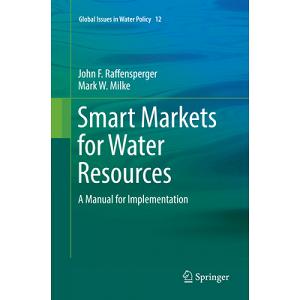–Manufacturer markets - The manufacturer is any natural or legal person who is responsible for designing and manufacturing a product with a view to placing it on the Community market "under his own name" (or trademark*).
–Resource markets - A market used to exchange the services of resources labor, capital, and natural resources. The value of services exchanged through resource markets each year is measured as national income. Compare financial market, product market.
–Consumer markets - All the individuals and households who purchase goods and services for personal use. In the early 1990s, the American consumer market consisted of more than 250 million people who consumed more than $3 trillion worth of goods and services annually. This market has continued to grow by several million persons and more than $100 billion each year.
–Intermediary markets - The advantages of using intermediaries stem from the core economics of supply-chain management: market coverage, customer contacts, lower costs, systematic cash flow, etc. The intermediary adds value to the marketing of the product by bringing in specialization, marketing knowledge, capacity to segment the market, and selling skills that allow the marketer to implement marketing strategies effectively.
Intermediaries providing logistic support increase convenience to both the producer and the consumer by offering effective delivery and pre- and post-purchase customer service as well as facilitating manufacturer services, making them indispensable to most mid- and small-scale producers.
–Government markets - Consumer group composed of federal, state, and local government units. The government market in total accounts for the greatest volume of purchases of any consumer group in the United States, spending hundreds of billions of dollars on goods and services each year. Although government purchases comprise a wide range of products such as food, military equipment, office supplies, buildings, clothing, and vehicles, selling to this market typically involves a great deal of paperwork, financial constraints, bureaucratic barriers, and awareness of specific political sensitivities.
References:
http://www.ce-marking.com/what-is-a-manufacturer.html
http://glossary.econguru.com/economic-term/resource+market
http://www.allbusiness.com/glossaries/consumer-market/4965586-1.html
http://www.britannica.com/EBchecked/topic/365730/marketing/27245/Marketing-intermediaries-the-distribution-channel

No comments:
Post a Comment